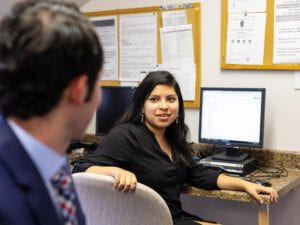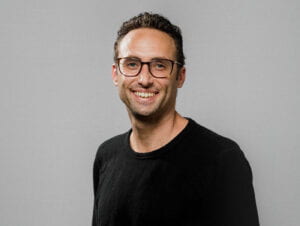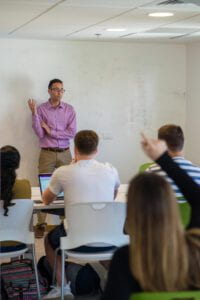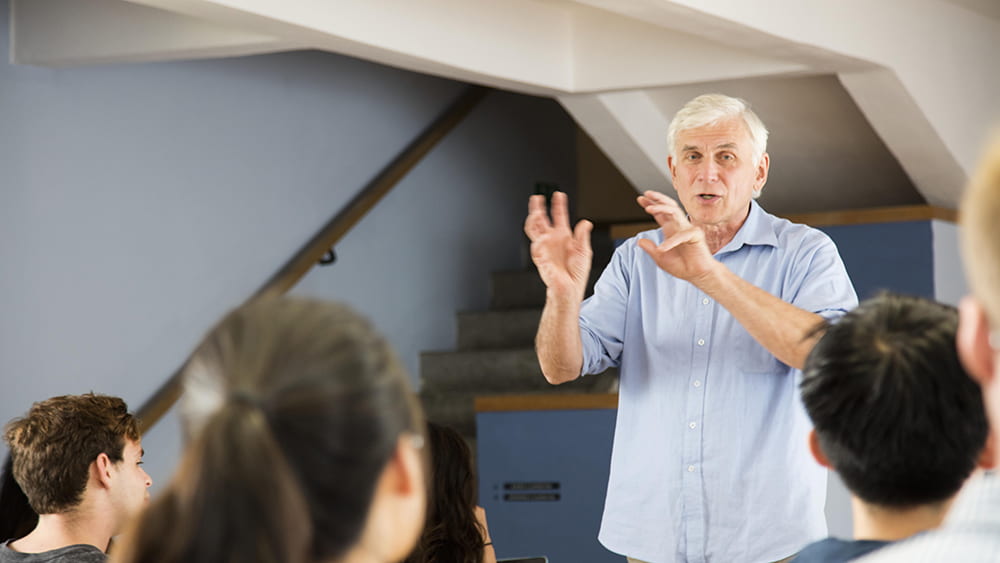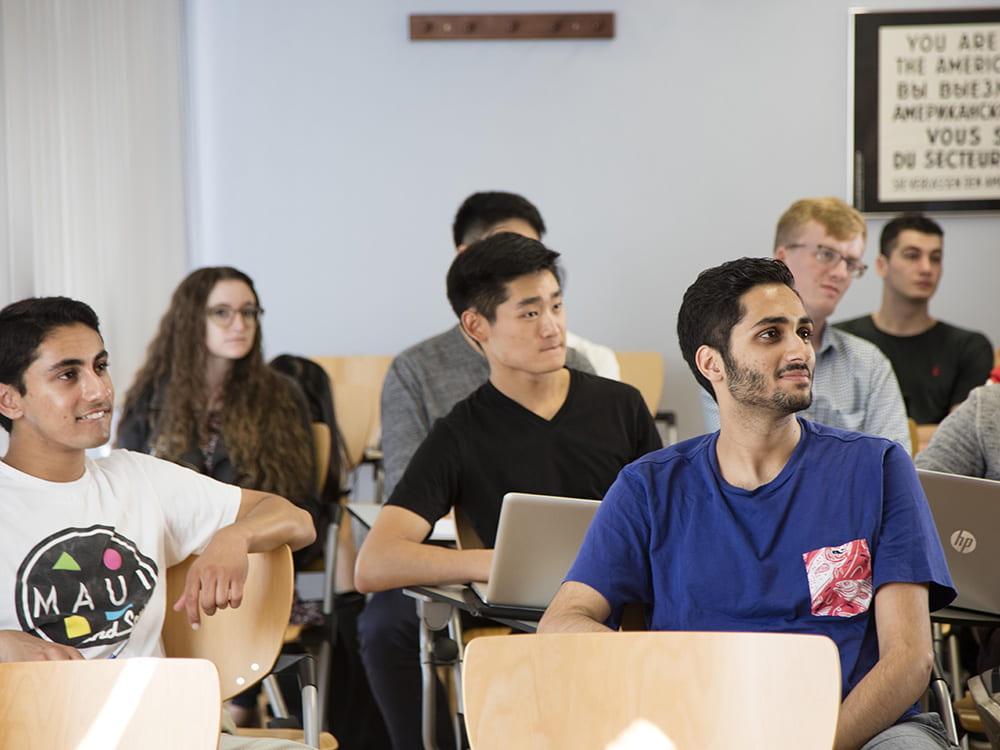As graduation approaches, NYU students who are preparing to enter the workforce meet with recruiters to discuss their academic achievements, internship experiences, and extracurricular activities. Another thing recruiters are sure to ask them about: their study away experience.
According to Jonathan Martinez, assistant director of global academic planning at the Wasserman Center for Career Development, students develop an invaluable skill set when they study abroad.
They learn how to connect with different people, adapt to new environments, and solve difficult problems. They acquire non-English language skills, develop a more nuanced understanding of the world, and transform into culturally sensitive adults. With these abilities, NYU students tend to emerge as top candidates in the workforce.
“Many students have told us their study away skills and experiences have been critical in professional settings,” says Martinez. “Our study away administrators and Wasserman coaches also coach students on how to translate their study abroad experiences into vivid examples that showcase their adaptability, openness to new experiences, ability to work independently, and facility for cross-cultural dialogue.”
The Role of Wasserman in the Global Career Experience
Every semester, Wasserman hosts a career week to provide students with global professional development opportunities, whether they’re interested in internships or postgraduation careers.
This past spring, the Global Career Week was virtual and featured an array of events including a workshop on personal branding, a discussion on the global job search, and a session on volunteering with the Peace Corps. Students heading abroad for a semester, year, or summer have the unique chance to seek out internships that align with their interests and professional goals while gaining global experience, and, regardless of their destination, students can work with Wasserman to find the right opportunity. If students want to head abroad for work after graduating, the Wasserman team can help them
- secure an international work permit
- obtain or renew their passport
- find a place to live
- connect with a career coach
- find a country-specific job or internship
- network with alumni
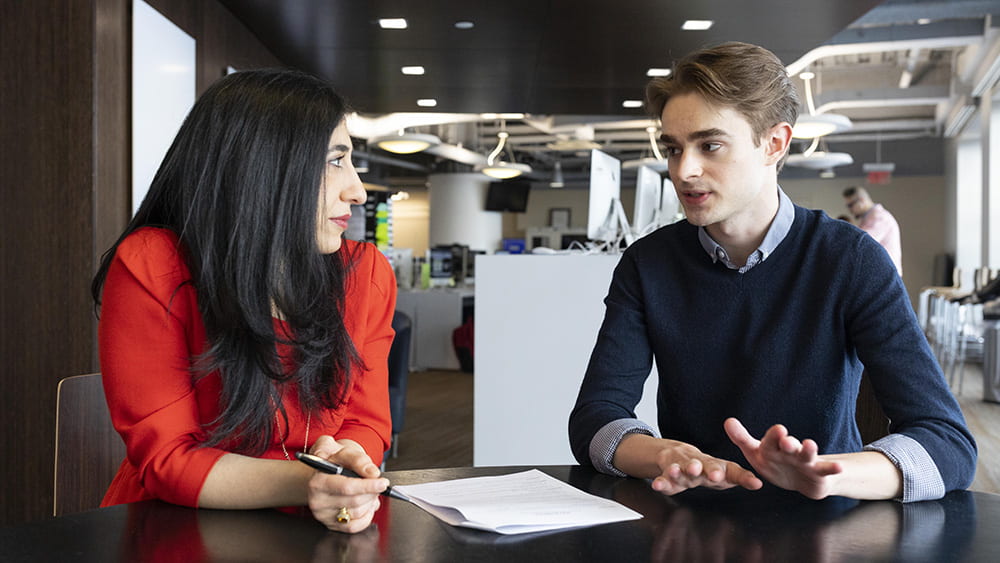
Students can consult Wasserman career coaches to learn how to leverage their global study experience.
Study Abroad Resources from the Office of Global Programs
Much like the Wasserman Center for Career Development, NYU’s Office of Global Programs has a range of resources students can use to make the study abroad experience more accessible.
“The Office of Global Programs is committed to breaking down any perceived or actual barriers students may face when submitting interest for study abroad,” says Martinez. “Providing extra funding for students is one thing we do because a financial burden holding students back from studying away is the last thing we want to happen. All students are eligible for the Global Pathways Scholarship, and, in some cases, students can use funding for up-front costs like plane tickets. We also offer many cohort-based programs like the Study Away Internships in which enrolled students are guaranteed an internship!”
Written by Samantha Jamison
